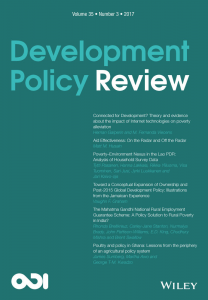The Myth of the Bradley Effect
As the United States sits on the verge of electing Barack Obama the 44th President of the United States and the first African American to hold that office, many political pundits, members of the voting public and even some scholars believe that Senator Obama may have to overcome the “Bradley effect.” The Bradley effect refers to a 1982 California Gubernatorial race where Democratic candidate Tom Bradley, an African American, was ahead in the polls beyond the margin of error and ended up losing on election day, resulting in what sociologists refer to as a social desirability bias where survey respondents provide answers they think are socially acceptable (e.g. voting for an African American) rather than responding how they actually think, feel or will behave. As the election approached, many believed that polls could not be trusted because they do not take into account social desirability or the “Bradley effect.”
However, a recent article published in the Washington Post challenges the notion of the Bradley effect and Nate Silver, a statistician, offers evidence based upon Barack Obama’s primary election performance to conclude that there is little to no “Bradley effect” in the 2008 election cycle. In the coming months, look for several social science papers provided a more detailed analysis of the myth of the “Bradley effect.”
Read More
Five Thirty Eight Electoral Projections
Fabrigar and Krosnick on Voting Behaviour







